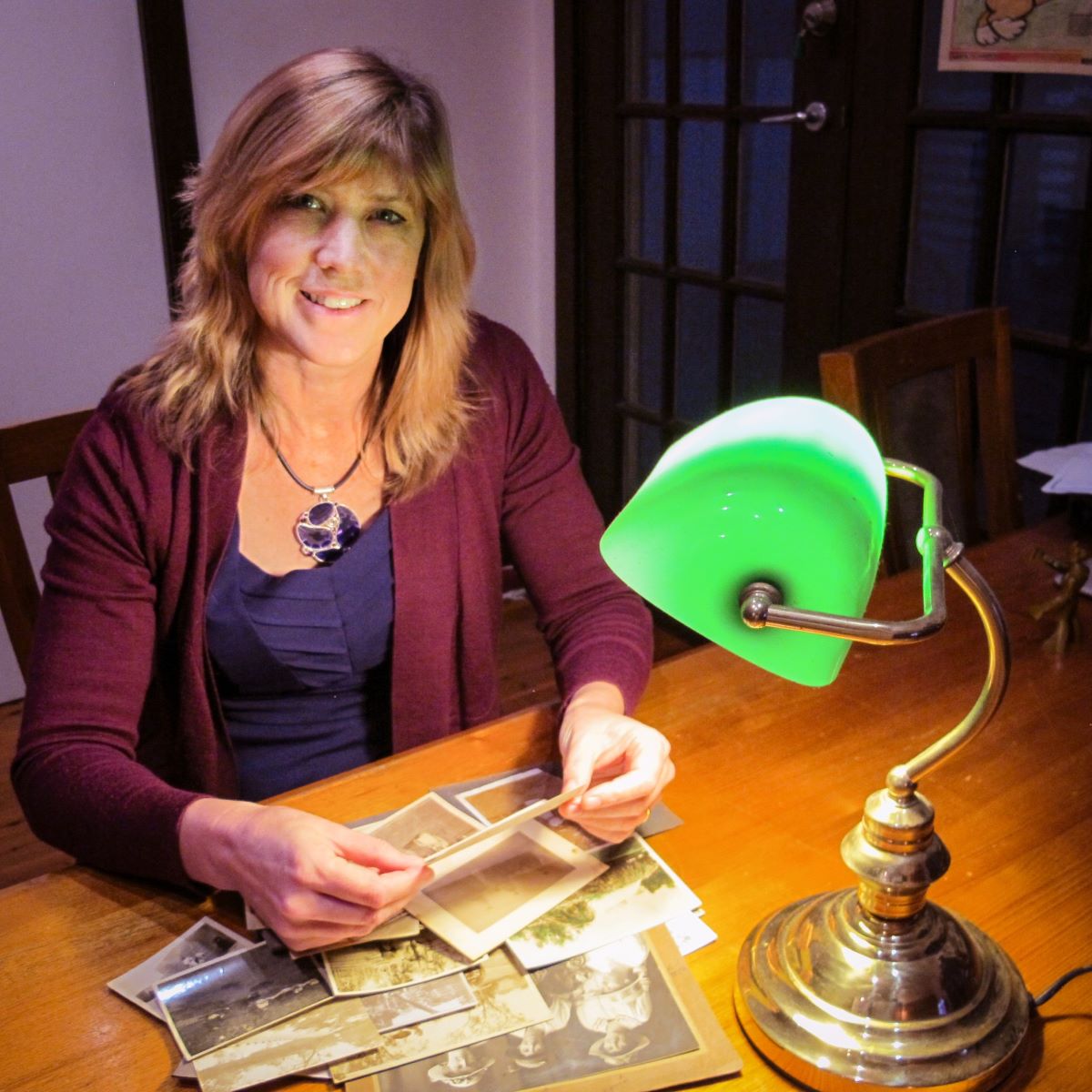Researcher Highlights
Historian as Memory Custodian: Caring about the Past
Professor Victoria Haskins
The chance discovery of a personal family link to the history of the Stolen Generations led Professor Victoria Haskins to unearth and share compelling stories of cross-cultural interpersonal relationships in modern colonial histories around the world. A social and cultural historian, she elucidates the complex interplay of gender, race and labour relations in the home, to show how the contributions of forgotten people of the past are central to the shaping of our present.
Colonialism and Domesticity
Today, Victoria leads a major research project on the transcolonial history of Indian, Chinese, and other Asian nursemaids – known as ayahs and amahs – who travelled with white and elite Asian families around the networks of the British Empire, from the late 1700s to the 1940s. With her colleagues, Claire Lowrie of the University of Wollongong and Swapna Banerjee, City University of New York (CUNY), she has produced a unique online digital history exhibition Transcolonial Journeys. In February 2023, Victoria takes up a fellowship with the CUNY Graduate Center to continue her research on the global circulation of cultural representations of the ayah.
Victoria’s fascination with colonial domestic service histories began with the discovery of a photograph of her grandmother, as a child, with an Aboriginal nursemaid. The story that emerged, of her great-grandmother Joan Kingsley-Strack’s outspoken advocacy for the rights of Aboriginal domestic workers and the end of child removal in the 1930s, became the topic of Victoria’s acclaimed debut book, One Bright Spot. It also led to her desire for a deeper understanding of the meaning and significance of carework and domesticity in settler colonial and imperial histories.
In 2005, on a visiting fellowship to Harvard University, Victoria found archival evidence of the existence of a largely forgotten scheme in the United States known as Outing, that involved placing Native American girls with white families to work as maids during the early twentieth century. This became the foundation of a transnational study of state intervention and Indigenous domestic service in Australia and the US. In 2012 Victoria’s monograph on the Outing scheme, Matrons and Maids, marked the first book-length study to comprehensively explore this facet of American race relations.
Together with Claire Lowrie, Victoria published an interdisciplinary edited collection on Colonization and Domestic Service in 2012, that charted a new direction in this area of scholarship. Their collaboration continued with a project, led by Julia Martinez and including Frances Steel, on male domestic workers (known as “houseboys”) in the Asia-Pacific, that culminated in a 2018 co-authored monograph and inspired her current research project.
Fresh Insight
Victoria argues that labours of love and care in the home – sometimes called ‘reproductive labour’ – were essential not only to colonial economies but also to the social and cultural structures of colonization. Because of the significance of this work and its potential to both gird and subvert colonial regimes, patterns of regulation and cultural fixation emerge in colonial histories that leave powerful but complicated legacies in our present.
The rich human stories embedded in these histories drive Victoria’s passion for this research. As a founding co-director, with John Maynard, of the Purai Global Indigenous History Centre, Victoria always situates her approach to sharing these often marginalised histories within a broader framework of respect, collaboration, and reciprocity. “Part of my role as a historian is to be a memory custodian,” Victoria says. “Understanding and honouring the full range of experiences in our past is essential to building a positive future.”
The University of Newcastle acknowledges the traditional custodians of the lands within our footprint areas: Awabakal, Darkinjung, Biripai, Worimi, Wonnarua, and Eora Nations. We also pay respect to the wisdom of our Elders past and present.

